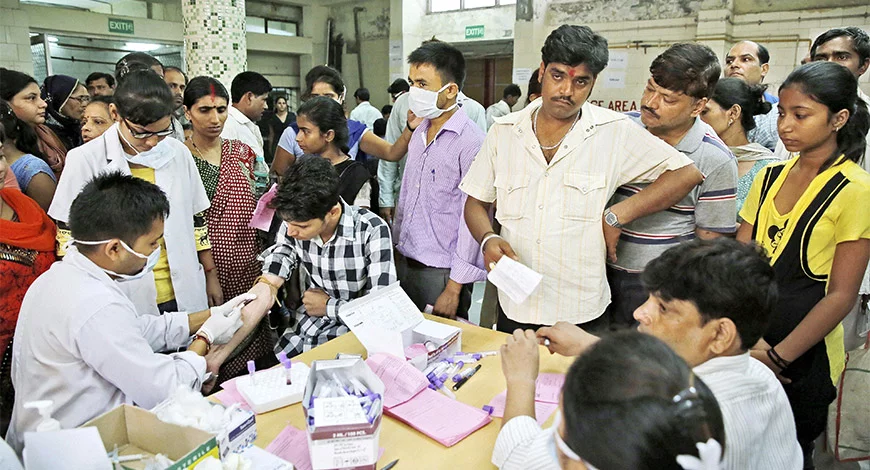India is leading in healthcare studies, with most content coming from the country’s researchers and doctors, according to experts. Indian healthcare space with a $372 billion market is one of the largest worldwide, and is expected to go even further with more research and innovation coming from the country, Professor John Adler, Founder of Cureus and Venkatesh Sarvasiddhi, MD, Springer Nature India Private Limited told IANS at an event held in the national capital on Thursday.
“All the research going on in India shows that the future of medicine is bright here,” John Adler said at Cureus India Medical Science & Publishing Symposium: Innovating for Tomorrow.
“What I think is a new revolution in healthcare happening here, especially low-cost healthcare, which is something the rest of the world needs to learn and Cureus is the vehicle to tell those stories,” he added.
 Cureus is an online platform that utilises crowdsourcing to share and promote medical knowledge worldwide, without paywalls.
Cureus is an online platform that utilises crowdsourcing to share and promote medical knowledge worldwide, without paywalls.
Venkatesh Sarvasiddhi, MD, Springer Nature India told IANS that it is important to empower young researchers, and doctors to publish more research.
“If I look into our global numbers, we have 18,000 articles published every year on our platform and more than 4,000 articles come from India alone, which is close to 20 to 23 per cent of articles coming from Indian researchers and doctors,” he added.
During his recent G20 address, Union Health Minister Mansukh Mandaviya also highlighted the significance of research and development in healthcare advancement.
He mentioned India’s efforts to foster an innovative environment in the sector, transitioning from volume-based approaches to value-based leadership models.
“India is not only a powerhouse in medicine today, but it is going to be increasingly so over the coming decades. And there is lots of innovation happening in all different corners of medicine. It is not predictable where your next great breakthrough is going to come. It is not necessarily the big hospitals of the world. It is oftentimes the very humble locations where several observations lead to the next revolution,” John said. (IANS)
